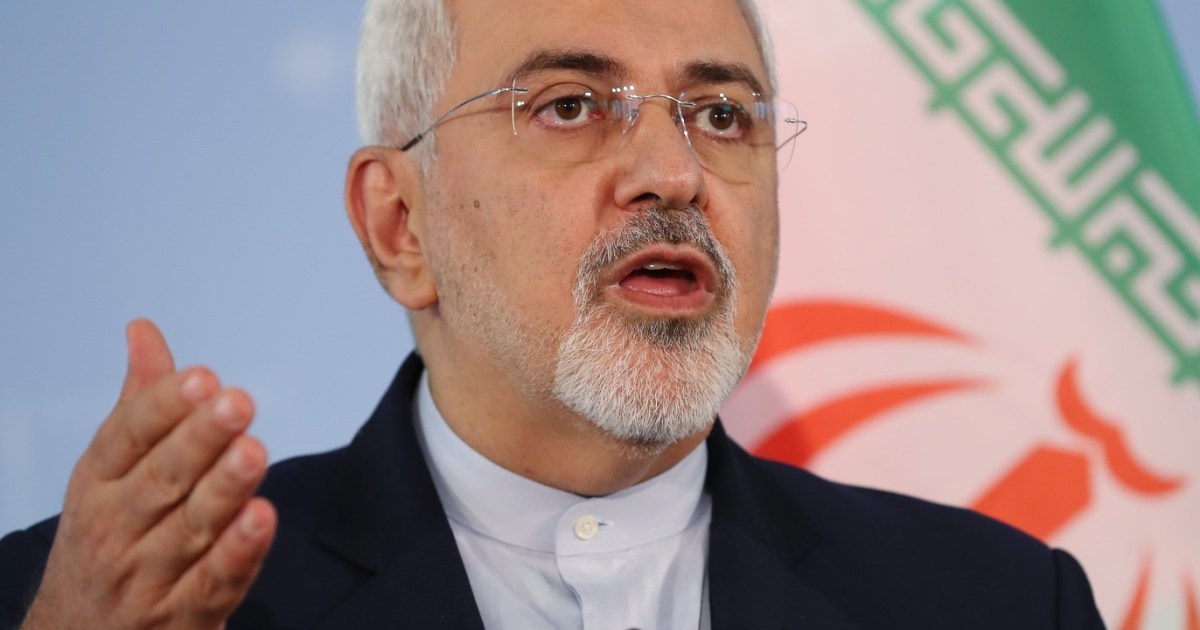Iranian Foreign Minister, Mohammad Javad Zarif, said today, Monday, that time is running out for the United States to revive the nuclear deal because of the presidential elections that will be held in Iran next June, which will have to wait for a period of 6 months.
Minister Zarif added - in a speech to the European Policy Center - that he does not see the need to hold preliminary talks on the nuclear deal, and that Iran wants to see the US commitment to the agreement first before holding talks.
He expressed Tehran's readiness to backtrack on all its steps, on the condition that Washington abide by the terms of the agreement and lift the sanctions.
Zarif said that the new US administration did not do anything different from what the administration of former President Donald Trump did, as he put it.
The previous US administration withdrew in 2018 from the nuclear agreement, which imposes restrictions on the Iranian nuclear program in exchange for the lifting of sanctions imposed on Tehran.
After the US withdrawal, Washington tightened sanctions on Tehran in various fields, to which Iran responded by gradually abandoning its obligations stipulated in the 2015 nuclear agreement.
Mutual insistence
After the new US President Joe Biden took power last January, it expressed its desire to revive the nuclear agreement, but Washington and Tehran insisted that the other side take the first step to revive the agreement, as Tehran called on Washington to lift economic sanctions from it, while the states demanded The United States, Tehran, to return to compliance with the restrictions imposed on its nuclear program.
The United States said on February 18 that it was ready to talk with Iran about both countries resuming compliance with the agreement aimed at preventing Tehran from acquiring nuclear weapons, in an effort to revive an agreement that Washington withdrew from in 2018.
The Biden administration refused to give Tehran incentives unilaterally to start the talks, but stressed the possibility that the two sides would take reciprocal steps to resume implementation of the agreement, an approach that Washington describes as "mutual compliance."
Iran began in 2019 by taking steps to reduce its commitment to the agreement, about a year after the previous administration of US President Donald Trump withdrew from it and re-imposed economic sanctions, and Tehran accelerated the pace of its reduction steps in recent months.

